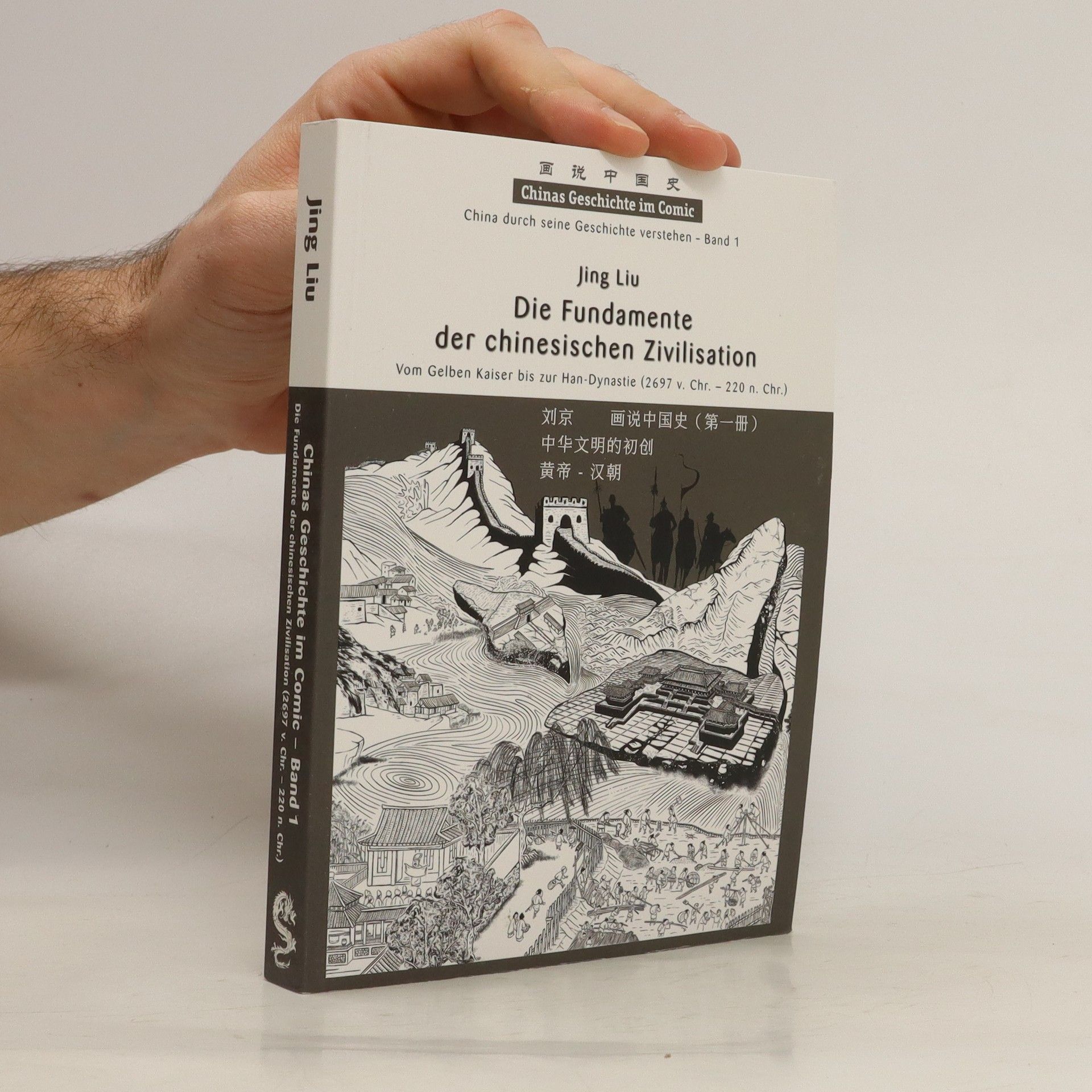The Way Forward
- 224 pages
- 8 hours of reading
How China became the China we know today, through war and societal transformation.
An entrepreneur with an enduring passion for the creative industry, this author also penned Understanding China through Comics. Their work explores the unique intersection of art and enterprise, offering fresh perspectives.





How China became the China we know today, through war and societal transformation.
Focusing on the management strategies of companies in Korea and China, this study explores the impact of ESG management on corporate innovation. It highlights how design thinking and artistic interventions can enhance creativity, both within organizations and in their external interactions. By comparing art-driven innovation strategies under ESG frameworks, the research identifies challenges faced by companies in these countries and offers insights into the future landscape of corporate innovation in China.
Der Weg nach vorn - Von der frühen Republik bis zur Volksrepublik (1912 – 1949)
China trat in das 20. Jahrhundert als eine Agrargesellschaft ein, die durch innere Spannungen wie äussere Bedrängnisse geschwächt war. Revolutionäre fanden sich zusammen, um die letzte Kaiserdynastie zu stürzen, überwarfen sich aber alsbald über der Frage, welche Entwicklungsrichtung für den Wiederaufbau eingeschlagen werden sollte. Das Land schlitterte in Bürgerkriege, worauf folgte der Erste Weltkrieg folgte. Das Schicksal des Landes schien in den Händen von Industriemächten wie Grossbritannien, Deutschland, Japan, der Sowjetunion oder den Vereinigten Staaten von Amerika zu liegen. Alles schien verloren zu sein, als Japan sämtliche chinesischen Seehäfen, Eisenbahnlinien, Industrien sowie fruchtbares Ackerland annektierte. Jedoch hielt der chinesische Widerstand acht Jahre an, wofür sich die gesamte Gesellschaft mobilisieren liess. Nach jahrzehntelangem Kampf erlangte China schliesslich seine Unabhängigkeit zurück, welche die Grundlagen für seinen eigenen Weg der Modernisierung legte.
Wer hat China gegründet? Welche religiösen Vorstellungen prägen die Chinesen? Wie hat sich die chinesische Kultur im Laufe der Zeit verändert? Der erste Band der Reihe Chinas Geschichte im Comic - Fundamente der chinesischen Zivilisation - beantwortet diese und viele weitere Fragen zur chinesischen Antike. Der Autor und Zeichner Jing Liu beleuchtet Philosophien wie den Konfuziuanismus und Daoismus, erzählt von der Seidenstraße und behandelt die Dynastien der Qin- und Han-Zeit sowie den Prozess der Reichseinigung. Mit einem Gespür für Erzähltempo und Sensibilität vermittelt Liu die Geschichte Chinas, indem er politische, wirtschaftliche, kulturelle und persönliche Aspekte miteinander verwebt. Diese Buchreihe bietet nicht nur eine Nacherzählung der Geschichte, sondern fördert ein nuanciertes Verständnis für die verschiedenen Epochen und Lebensumstände. Liu entwirft in seiner vierbändigen Reihe einen Überblick über 5000 Jahre chinesischer Geschichte, von der halblegendären Shang-Dynastie bis zur Abdankung des letzten Kaisers 1912. Er beleuchtet zentrale Fragestellungen der chinesischen Geschichte, wie die ideale Staatsführung und den Aufstieg und Fall von Dynastien. Die Geschichte wird durch dramatische Darstellungen legendärer und realer Figuren, bedeutender Schlachten und politischer Intrigen lebendig. Liu zeigt auf, wie sich China über die Jahrhunderte gewandelt hat und welche Konstanten bestehen, und wie diese Geschichte das